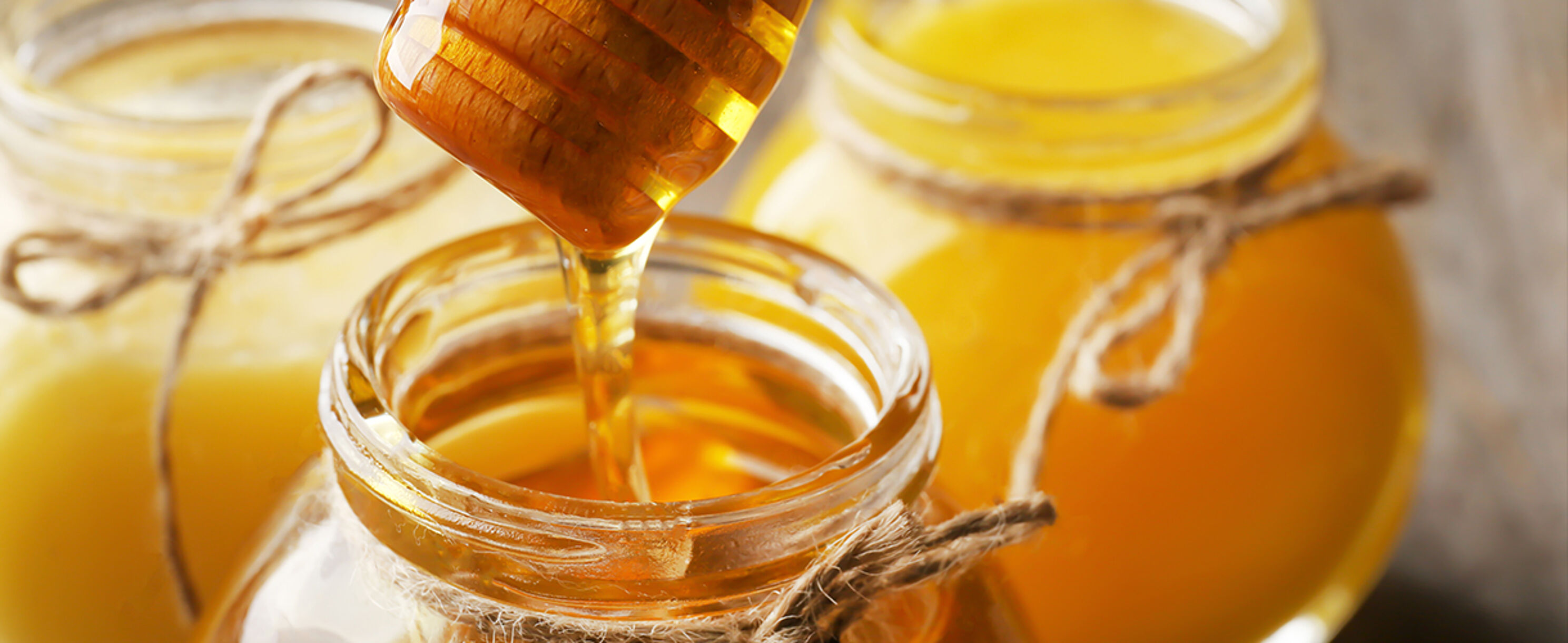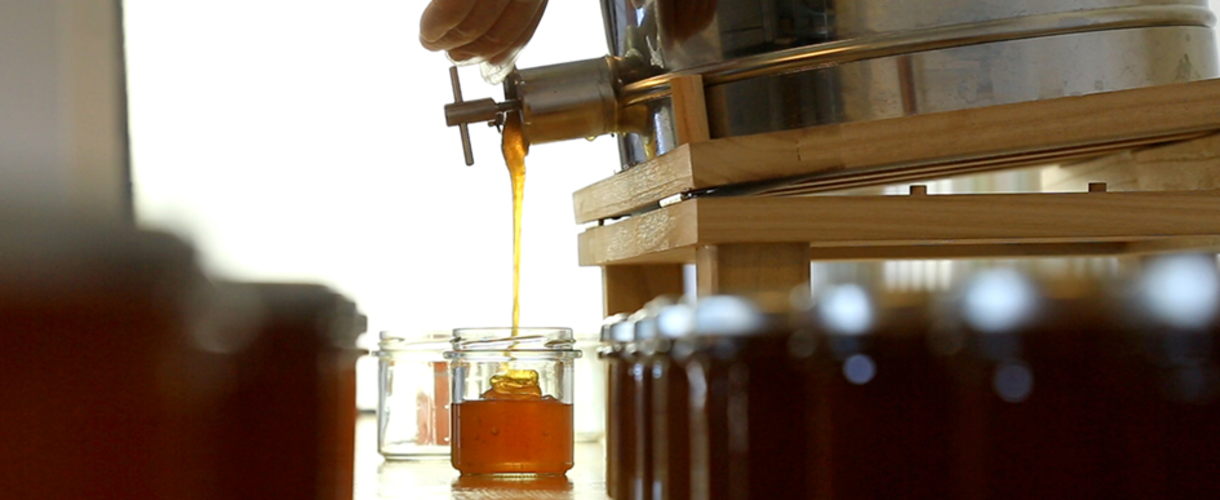
Winter greetings from the Ortel Mobile bees
No question about it, winter is here. But with all the sumptuous food and sweet baked goods we enjoy so much now, the cold season is easy to bear. In this context, honey from Ortel Mobile bees plays an important role. The busy bees, on the other hand, are now taking a break.
In Germany, numerous species of bees and insects are threatened with extinction. That is why Ortel Mobile is committed to more environmental and species protection. By supporting the "beeswe.love" project, the company is helping to the preserve the biodiversity as well as the unique cultural landscape. Since April 2019, Ortel Mobile has very successfully supported two bee colonies.
2020 was an excellent honey year. This was already evident in early summer after the spring-honey harvest. Indeed, the summer honey also dripped abundantly from the combs and some beekeepers were even able to collect a third harvest - rare forest honey. With its special aroma and intense flavour, forest honey is a rare and very special delicacy.

Every year, after the last honey harvest, beekeepers have to prepare the bees for winter. This always includes pest control, such as treating the bees against the dreaded varroa mite. Containing these mites is difficult, but absolutely essential to avoid the total loss of the bees. This is because the brought-in mite literally eats its way through the infested bee colony. The mite can be reasonably controlled with formic acid and other agents. To prevent small rodents from entering the hive, beekeepers place a grille in front of the flight hole. Guard bees prevent unauthorised entry in summer, but they cannot perform this task in winter.
To prevent the bees from starving after the honey harvest, beekeepers replace the extracted honey with bee food. To do this, they place, for example, a sugar-containing solution in a special food bucket in the beehives. The bees carry this solution into the combs like nectar and quickly build up a substitute winter supply. This could be regarded as a classic win-win situation, because unlike honey, this sugar solution does not crystallise. It is therefore freely available to the winter bees, while the honey in the combs can become so solid that the bees can no longer eat it.
Pure bee honey becomes creamy to solid after a certain time, of course also in the combs. Commercially available honeys that do not have this property have been heavily filtered or heated. Depending on the variety, honey becomes more or less creamy. In winter, the bees generate heat in their hive by trembling their wings, which also helps to liquefy the crystallised honey in the combs. If this does not succeed, the bees cannot eat it. In this respect, the beekeeper guarantees with his bee food that the bee colony has enough food for the winter.
Winter bees live much longer than their summer counterparts. They can live up to ten months, while summer bees live only five to six weeks. Perhaps this is because summer bees are incomparably more industrious than winter bees. At temperatures below 12 degrees Celsius, the bees no longer leave their hive. Instead, they gather in a cluster in winter and warm themselves by trembling their wings. They feed exclusively on their reserves. For beekeepers, after the winter preparations, the work on the hives is done for the time being and they can enjoy their product, honey, like the rest of us.
In winter we like to eat good, sumptuous meals. It is not uncommon for these to be flavoured with honey, and for good reason: Honey is not only delicious, but also healthy. Basically, it consists of fructose, glucose and water, although other types of sugar may also be present in small quantities. Already in ancient Egypt, people knew that honey can have an antibacterial effect. Today, this property is mainly attributed to the expensive Manuka honey from New Zealand and there is specially purified "medicinal honey" for medical purposes. But what makes honey so valuable are the many other ingredients such as pollen, trace elements, vitamins, enzymes, minerals and amino acids. Honey also contains up to 120 different active aromatic substances. It has thus been proven that honey is often more effective against colds than conventional remedies from the pharmacy. However, it is important to know: Children under one year of age should not be offered honey, as they can become seriously ill.
In Germany, honey may not be further processed after it has been extracted, so that it retains its valuable composition. Outside the EU, the situation is different, and so imported honeys are often filtered and therefore considered inferior. This is unfortunately not always reflected in the price. However, a look at the label reveals where the honey comes from. In supermarkets, mostly honey originating from EU and non-EU countries is sold. If you are looking for original, unprocessed honey, the green banderole of the German Beekeepers' Association can serve as a shopping guide. In smaller health food shops, the beekeepers of the honey sold there are usually personally known, but you can also often find beekeepers or traders selling German beekeeper's honey at weekly markets. Since imported, lower-quality honey is also often expensive, it definitely pays to buy from regional beekeepers. This is also a small contribution against bee mortality.
Curious? Here you can get a close-up look at the life of bees and even see the queen bee. Watch this video now! Need more data volume? Then take a look at the affordable Internet flat rate of Ortel Mobile. This way, you can watch the bee videos, find beekeepers near you and much more.